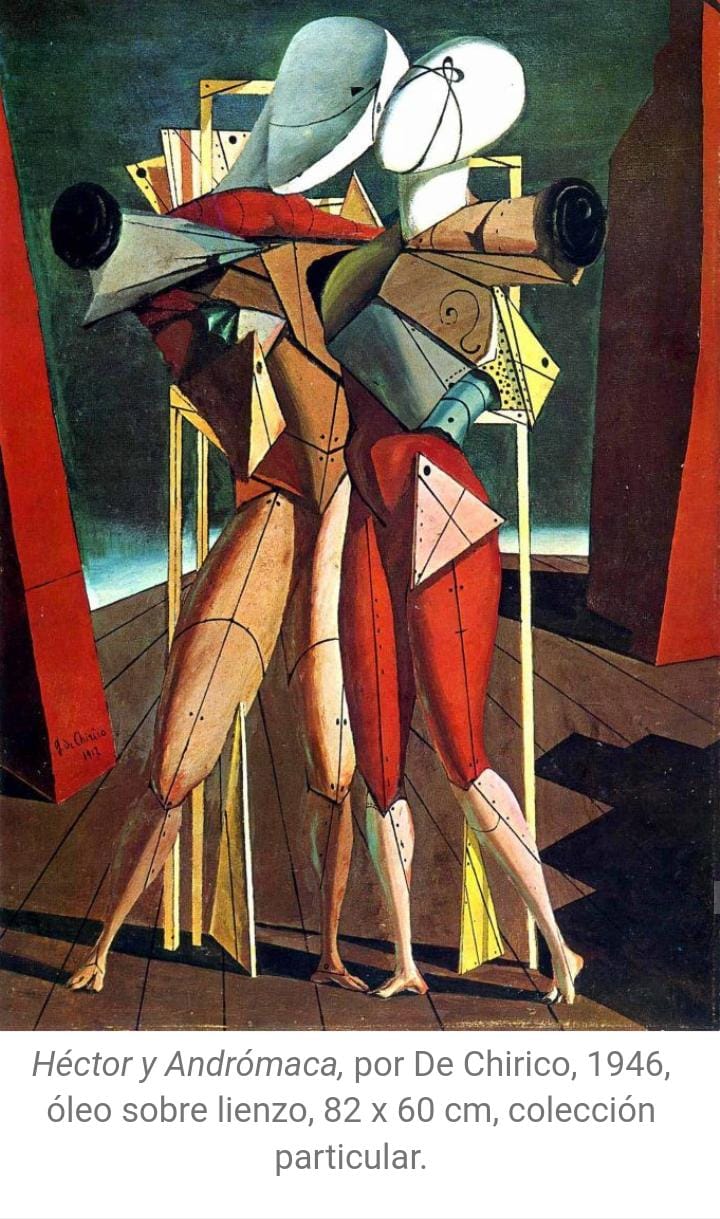NOTES TO THINK ABOUT THE FIELD OF PHYSICAL EDUCATION FROM TRAINING SPACES
DIALOGUES BETWEEN PHILOSOPHY AND EPISTEMOLOGY
Keywords:
philosophy, epistemology, physical education, teacher training, training trajectoriesAbstract
The following are narrations of pedagogical experiences developed in the chairs of Philosophy and Education and Epistemology and Research of the Higher Level Physical Education Teachers belonging to the IPEF (Córdoba), during the year 2019. The mentioned curricular units belong to the 3rd and 4th 1st year of the Physical Education Teacher program, according to the 133/14 study plan.
During the 2019 school year, we experienced concerns in our classroom spaces. Demands for discussion and teaching exchange emerged that led to an evaluation instrument and reflective analysis of the students' teacher training based on their training journeys.
The discussions had the intention of articulating the curricular spaces, the field of Physical Education and the questions that the students brought about their practices. We decided to organize the reflections by axes in a final evaluative instance shared between both curricular units. The dialogue made it possible to identify teacher training spaces as spaces for analysis and reflection on “what happens to students in their practices.” We recognized “mismatches” and “contradictions” in the field, we analyzed the contents and anchoring of various theoretical proposals, with the intention of combining feelings and thoughts that occur in the daily activity of the chairs. Likewise, this allowed us to problematize the knowledge that circulates in the field, the notions of the body that are inscribed in the conceptual frameworks, the perceptions of the discipline and the teaching role, to put into discussion teacher training and disciplinary identity.
The purpose of this presentation is to show the analyzes that were carried out in the chairs of Philosophy and Education and Epistemology and Research in Physical Education, based on a pointer on different topics that emerged as demands for discussion and that became an evaluation instrument. and dissemination.
References
Bourdieu, P. (2014). Las estrategias de la reproducción social. Siglo XXI.
De Sousa Santos, B. (2000). Crítica de la Razón Indolente: contra el desperdicio de la experiencia. Para un nuevo sentido común: la ciencia, el derecho y la política en la transición paradigmática. Desclée de Brouwer.
Dussel, E., Mendieta, E., Bohórquez, C. (2011). El pensamiento filosófico latinoamericano, del Caribe y “latino” (1300-2000): historia, corrientes, temas y filósofos. Siglo XXI.
Freire, P. (2003). El Grito Manso. Siglo XXI.
Guber, R. (2011) La etnografía. Método, campo y reflexividad. Siglo Veintiuno Editores, Buenos Aires.
Guber, R. (2014) Prácticas Etnográficas. Siglo Veintiuno Editores, Buenos Aires.
Guber, R. (2021): “El registro de campo en las ciencias sociales. Consignación textual y reflexiva en la construcción analítica de la realidad empírica”. En Curso La entrevista individual y sus claves. Preguntar, registrar y analizar, IDES (https://virtual.ides.org.ar/course/view.php?id=76), Buenos Aires.
Milstein, D. (2021) La etnografía como enfoque para el tratamiento de procesos educativos. En Curso Métodos cualitativos para la investigación social contemporánea: técnicas y claves en etnografía y análisis del discurso. IDES, Buenos Aires.
Milstein, D. (2023) La etnografía también es cosa de chicos. Siglo Veintiuno Editores, Buenos Aires.

Downloads
Published
Issue
Section
License

This work is licensed under a Creative Commons Attribution-NonCommercial-ShareAlike 4.0 International License.
Atribución No Comercial Compartir Igual (by-nc-sa):
No se permitirá un uso comercial de la obra original, ni de las posibles obras derivadas, la distribución de las cuales se debe hacer con una licencia igual a la que regula la obra original.






